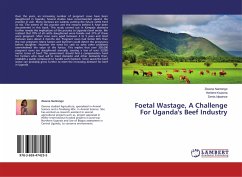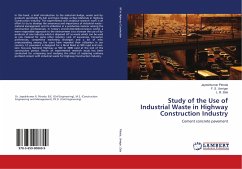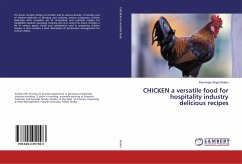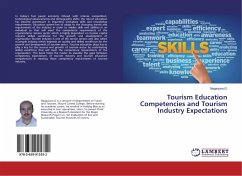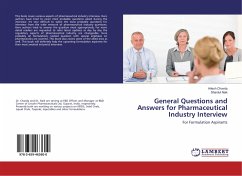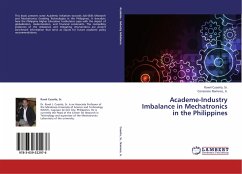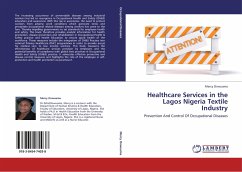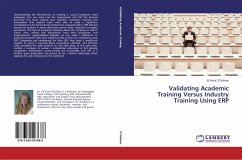Over the years, an increasing number of pregnant cows have been slaughtered in Uganda. Several studies have recommended against the practice in vain. Many foetuses are wasted, putting the future cattle herd at risk. The extent of this practice and the reasons behind it have been documented in this book. This study carried out in Kampala abattoirs further reveals the implications of the practice to Uganda's beef sector. We realized that 70% of all cattle slaughtered were female and 31% of these were pregnant. Most cows were aged between 4 to 5 years and most foetuses were about 4 months old. Pregnant cows had better BCS than the non pregnant. Many famers and butchers could detect the pregnancy before slaughter. However the need for cash to solve other problems overwhelmed the value of the foetus. This implies that over 350,000 pregnant cows are slaughtered annually, causing a loss of over 53200 metric tones of beef. The government should find a compensation fund for farmers who must sell to meet domestic and other demands then, establish a public compound to handle such livestock. Once saved the beef sector can probably grow further to meet the increasing demand for beef in Uganda.

